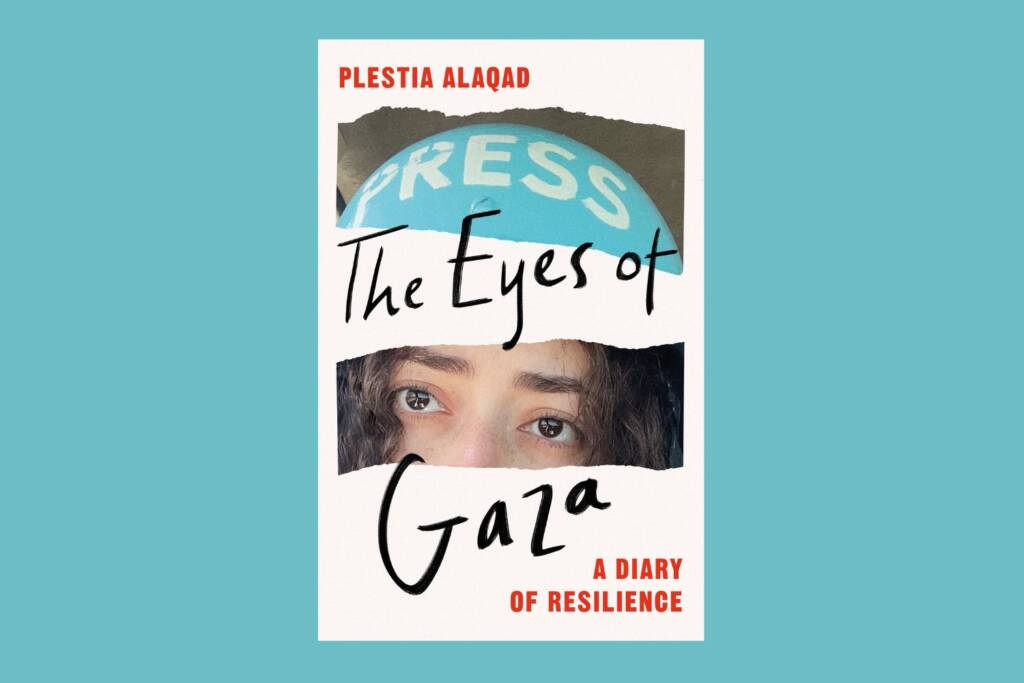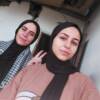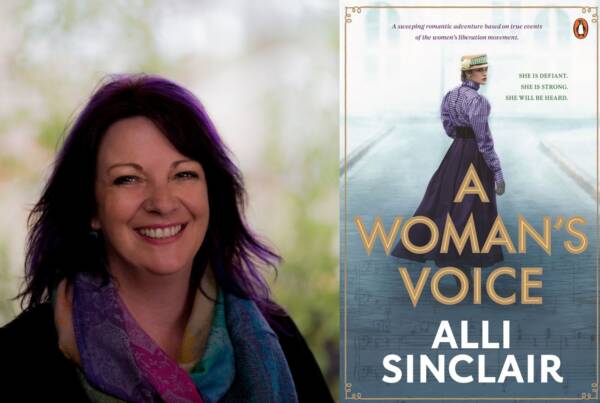Review by Freya Bennett
 Plestia Alaqad is an award-winning journalist and author who bravely risked her life to report what was happening on the ground in Gaza after October 7th. She rose to prominence in a way no one should ever have to — by documenting the destruction of her home, the loss of lives, and the displacement of millions. Through her courageous reporting, the world was able to see the reality unfolding in Gaza, beyond headlines and statistics.
Plestia Alaqad is an award-winning journalist and author who bravely risked her life to report what was happening on the ground in Gaza after October 7th. She rose to prominence in a way no one should ever have to — by documenting the destruction of her home, the loss of lives, and the displacement of millions. Through her courageous reporting, the world was able to see the reality unfolding in Gaza, beyond headlines and statistics.
The Eyes of Gaza reads like a personal journal, capturing her experience with the raw honesty of a 21-year-old navigating unimaginable trauma. Plestia shares her feelings, fears, exhaustion, her deep love for her country and her people. She writes about the depression, hopelessness, and numbness she felt after escaping to Australia, and the guilt that came with her survival — a privilege she did not want but was forced to accept. Her longing to return to a homeland that has been irrevocably changed, where precious memories and beloved people have been lost, is palpable on every page.
Books like The Eyes of Gaza are so important because they offer something news reports can’t. News can be overwhelming and exhausting, leaving us drained as we try to untangle fact from spin, often feeling powerless and hopeless. Personal stories like Plestia’s allow us to step into another person’s reality — to see through their eyes, to hear what they hear, and to feel what they feel. It’s heartbreaking, yes, but it’s real, and it’s necessary. These stories should be digested slowly, thoughtfully — not rushed through — because if we consume them too quickly, we risk becoming desensitised or burnt out to the point where we can no longer help.
This is the second book I’ve read about Gaza, the first being Samah Sabawi’s powerful Cactus Pear for My Beloved, which offered a more historical perspective. Reading The Eyes of Gaza alongside works like Sabawi’s connects us not just to history, but to living, breathing people — and it’s this connection that fuels change. These stories leave us not just heartbroken, but driven. They remind us that hope, empathy, and action are all intertwined, and that personal connection is how the world truly shifts.
I am beyond grateful to have read Plestia’s story. I am left heartbroken by the horrors people are forced to endure, but also deeply hopeful — because of brave young women like Plestia who refuse to let the world look away.






